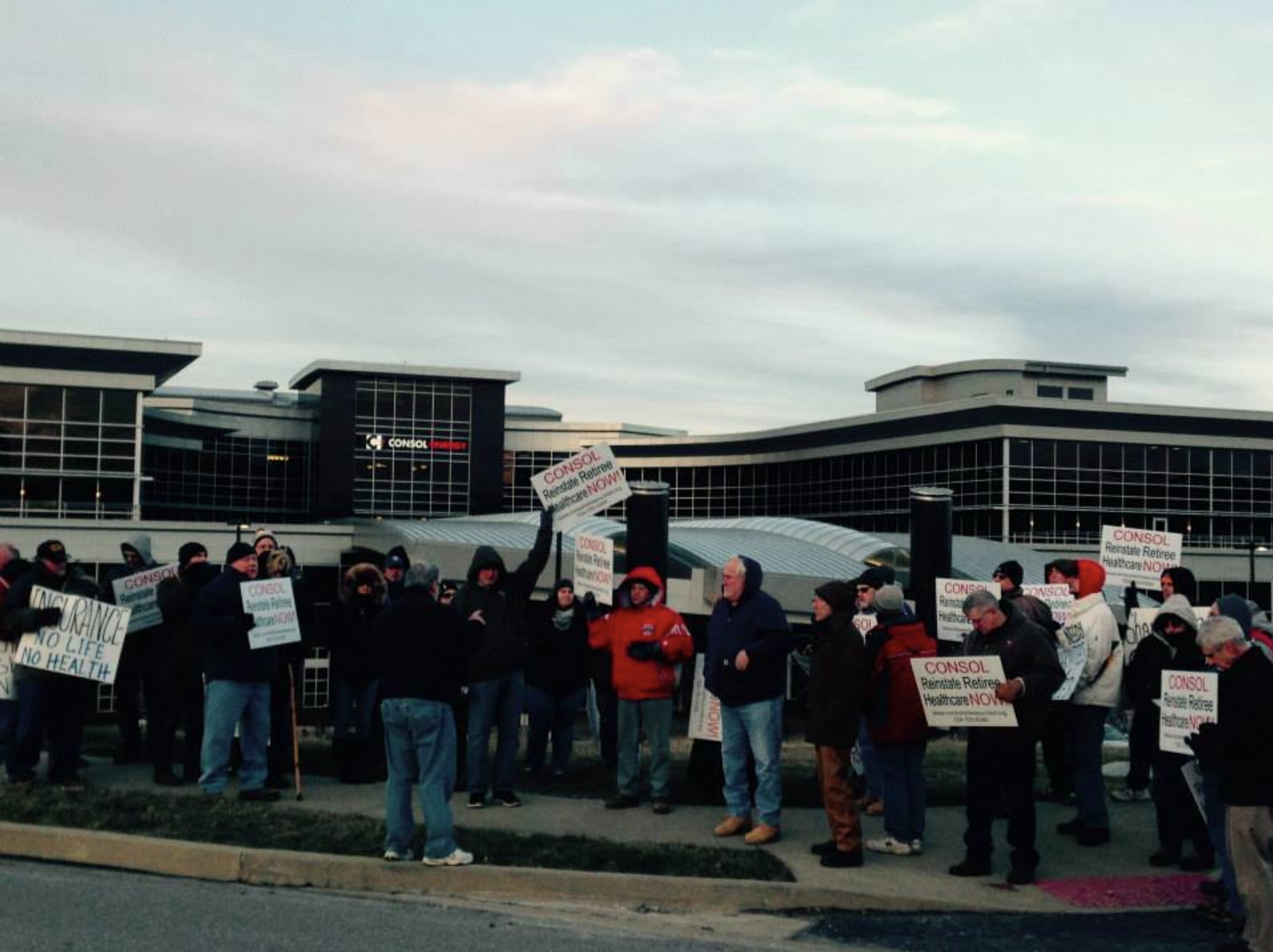
As the general election gets closer so do the campaign ads, endorsements, and conversations on who to vote for and why. In Greene and Washington counties, it means seeing and hearing big bold rhetoric about the importance of voting to save coal and gas jobs. These jobs are critical to our region. However, protecting our economy and our access to family-sustaining jobs requires more than catchy campaign slogans and soundbites. It requires creativity and thoughtfulness. Many elected officials are falling short of their obligation to advocate for the future of our communities because they continue to ignore current market conditions.
NEWS FLASH – We live in an economy driven by a free market, and even with four years of the Trump Administration and PA legislators reducing regulations and passing tax breaks for the fossil fuel industry, the market for these energy sources is quickly declining. Locally, Cumberland Mine just announced that it has renegotiated coal sales contracts, and there are no sales commitments beyond 2022. Cumberland hopes to sell the mine in the next two years, though a buyer will need to invest at least $60 million for coal refuse disposal. Without a buyer, Cumberland will likely close. The Bailey Mine Complex had record low profits at the beginning of this year. Consol has idled the Enlow Fork Mine and 233 workers will be laid off on August 31st. Oil and Gas companies are pushing pause on big capital investment projects and some companies are filing for bankruptcy. Clearly we cannot legislate ourselves out of a declining market for dirty energy when most of the country and the rest of the world are choosing to use cleaner-burning, more efficient energy sources.
What we can do is prioritize the men and women who work in the fossil fuel industry. We need thoughtful transition plans that include things like legislation to provide wage differentials when facilities close, retraining programs, and investment in the reclamation of these facilities. Reclamation and repurposing these sites are crucial to our economic future. The men and women who work in the fossil fuel industry possess valuable skills that can be applied to both the cleanup and future uses of these sites. Coalfield communities across the country made up of labor, environmental, and economic development experts put together this National Economic Transition Platform that our leaders should be embracing. Greene County has the least diverse economy in the whole commonwealth and the last decade of trying to protect the status quo has not helped us.
In order to really prioritize all workers in southwestern Pennsylvania, we must start looking beyond the campaign slogans and partisan soundbites. We need to know where our current and future elected officials stand on worker rights and diversifying our economy to be more resilient. There is a big difference between passing laws that center workers vs laws that center the profits of CEOs and shareholders. Giving more corporate tax breaks or reducing environmental protections does not help workers and ignores the long-term economic pressures our communities are facing. The consequences of reducing the company’s obligation to protect and restore our land and water are not insignificant: reduced property values, rising median age, lower school enrollment, and less community resources. As the demand for fossil fuels continues to decline and these companies are forced to navigate financial hardship, we only have to look at our own history to know that company owners will sacrifice workers’ pay, pensions, healthcare, and safety to squeeze out whatever profits may be left. Now is the time to hold companies accountable to workers and those living in the communities where these companies are operating, support unions, and not to allow the rich operators to dodge all their responsibilities through bankruptcy.
When talking to candidates during this election cycle, ask them how they plan to hold operators accountable to workers and the surrounding community. Ask them how they plan to ensure coalfield communities like ours have a bright economic future for multiple generations.
